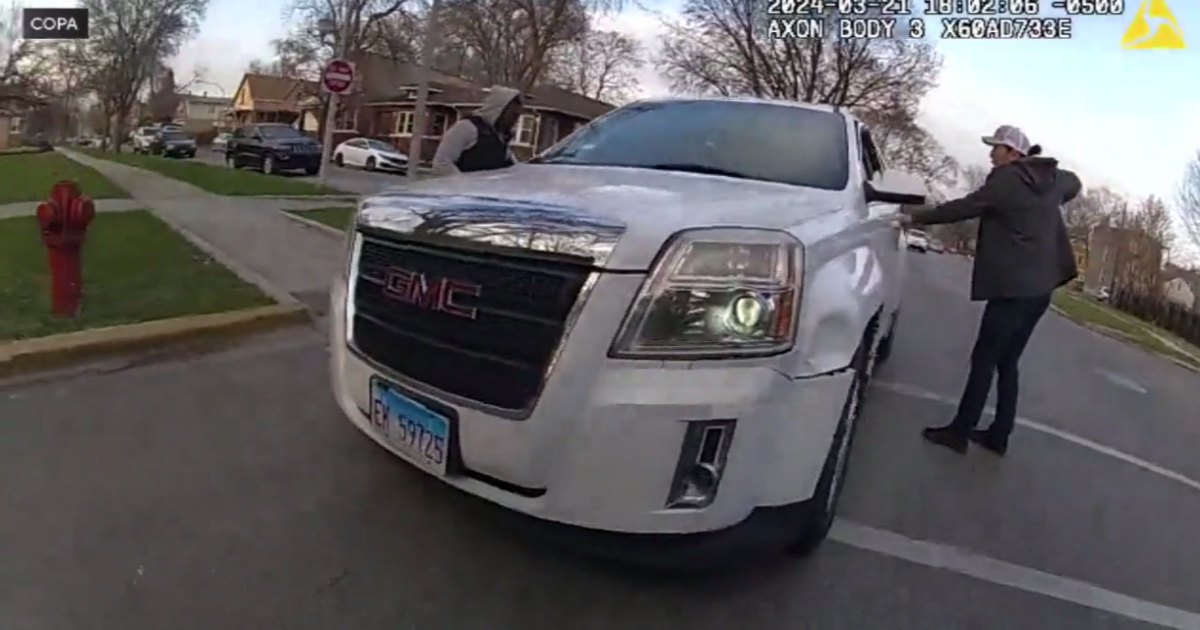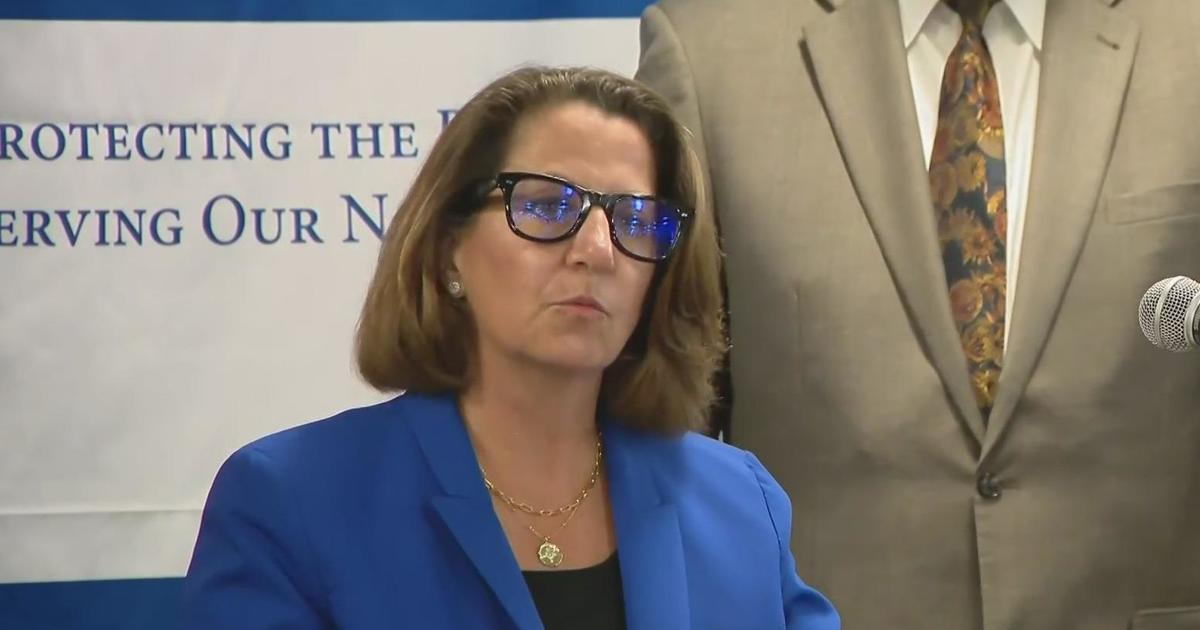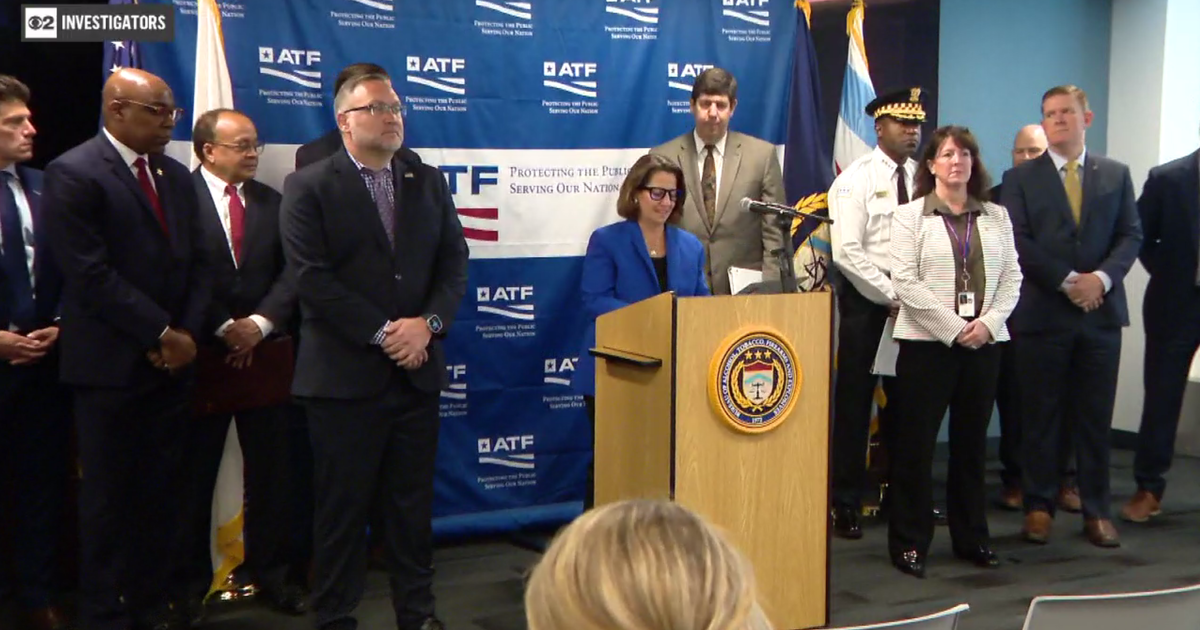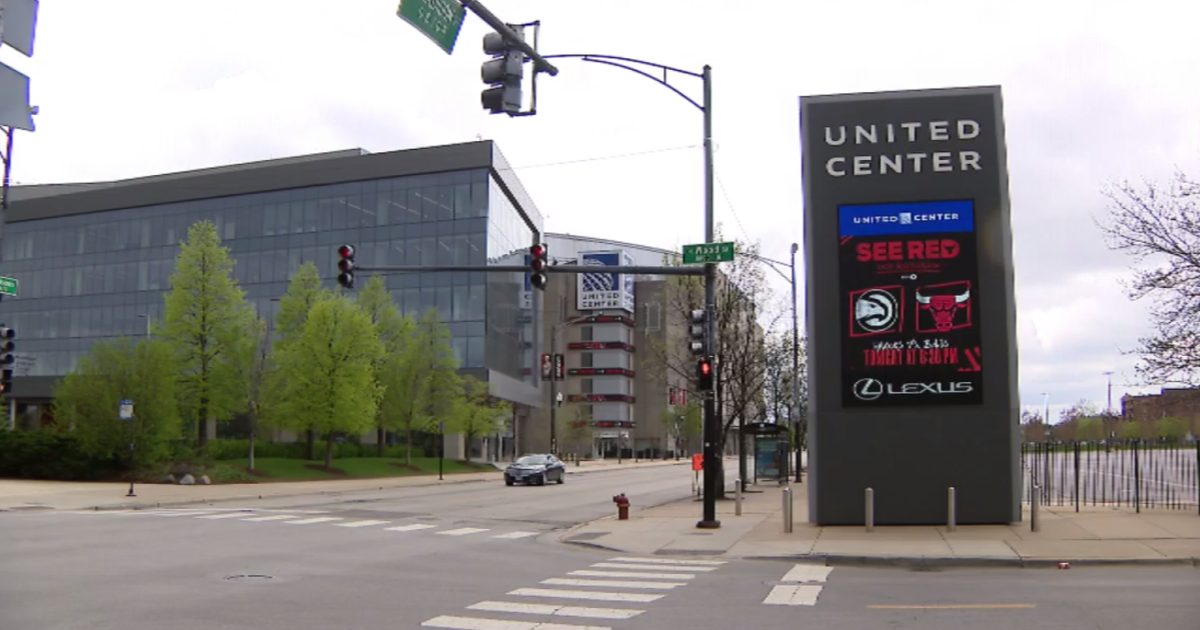Skill Shortage: Demand For Nurses In Chicago On The Rise
Are you considering a change in careers and want to become a nurse? In the Chicagoland area, a high demand for nurses is currently underway, with health care providers and patients increasingly needing more nurses.
According to the Illinois Department of Employment Security (IDES), registered nurses are projected to see an increase in job demand in Illinois, with job growth of 16.3 percent projected for 2020 from employment in 2010. Licensed practical and vocational nurses will see growth as well, projected to total 9.1 percent in the same time frame. Nationwide, job growth for registered nurses is projected to grow 26 percent, according to the Bureau of Labor Statistics (BLS).
The availability of jobs for nurses reflects the demand. The Economic Information and Analysis Division of IDES found more than 5,200 available online job postings for registered nurses in Illinois in December 2012, behind jobs for computer systems analysts but edging out jobs for truck drivers, web developers and retail management.
Several factors can be cited as reasons for the increase in demand for health care workers. For example, the baby boomer generation is increasingly requiring more long-term care, creating more demand for nurses. That generation is also affecting replacement rates of nurses. According to the OECD Territorial Review, the Chicagoland area is seeing a critical shortage of nurses, especially as the population of 20 to 44 year olds, or influx of newer, younger nurses, is being outpaced by nurses in the baby boomer generation retiring. This influx is leading to increased demand for nurses, and in Illinois, nursing is one of 25 occupations with the most vacancies.
In addition, financial pressure is pushing hospitals to discharge patients as soon as possible. The BLS stated that this factor could lead to more patients seeking extended care at home or in long-term facilities, creating additional demand for nurses to care for this category of patients outside of hospitals.
Another factor is the expansion of service by health care providers in Chicago. For example, the Chicago Tribune noted that Rush University Medical Center will hire 40 to 50 nurse practitioners this year. Other health care providers, including NorthShore University HealthSystem, continue to expand and augment their services and locations, further driving demand for nurses. As health care providers continue to expand their services, demand for nurses will also increase.
A shortage of nurses could also have an adverse effect on patient care. The American Association of Colleges of Nursing has cited reports that insufficient staffing of nurses could lead to increased stress levels, causing some nurses to leave the profession. As those nurses leave the field, they will create additional demand in the process.
Nursing, however, requires specialized education and licensing, reflecting years of training. Many nursing jobs require associate's or bachelor's degrees, especially for hospital jobs. Additional education is also likely to become the standard for nurses, with the Institute of Medicine striving to increase the proportion of nurses with a bachelor's degree to 80 percent by 2020; currently, about 50 percent of all nurses have a bachelor's degree. According to the BLS, registered nurses must also have a nursing license. In addition, nurses must complete continuing education to keep their skills up to date and to renew their license.
Megan Horst-Hatch is a mother, runner, baker, gardener, knitter, and other words that end in "-er." She loves nothing more than a great cupcake, and writes at I'm a Trader Joe's Fan. Her work can be found at Examiner.com.



